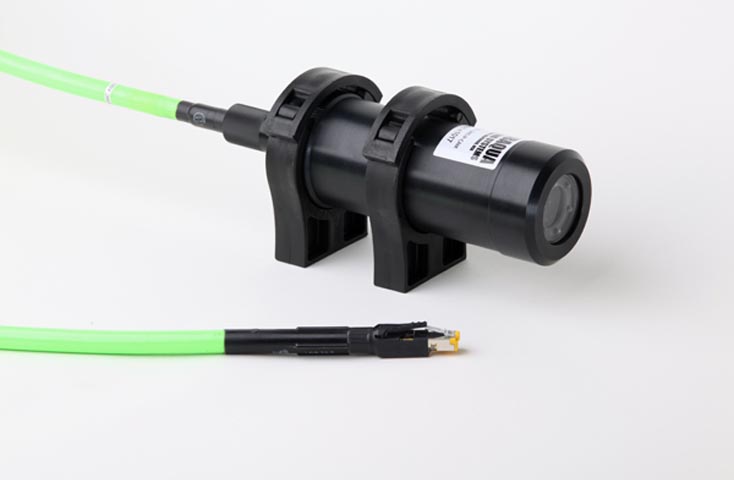IP cameras are very popular in video data capture and processing. IP stands for Internet Protocol, but these electronic devices are more popular as network cameras, webcams, or CCTV cameras. They are used in homes, offices, vehicles, and public places. IP cameras come in basic units, right up to complex multi-channel security systems with advanced built-in software. In order to understand how IP cameras work, consumers should consider the applications for the devices, as well as video data capture and resolution.
Applications for IP Cameras
Unlike USB web cameras that run only when plugged into a computer on the network with the required software, IP cameras connect directly to the network with no dependence on any other device. Some models even get their power supply through the network using Power over Ethernet (PoE) chargers. Built-in software, such as motion alert notification via SMS or email, makes these devices much more advanced than regular video cameras. With a home surveillance IP camera, parents can keep an eye on their kids from outside the home. IP cameras enable remote viewing to anyone connected to the network, without compromising on security. Smartphone users can monitor multiple camera feeds while on the go.
Process of Data Capture and Transmission
IP cameras connect to a network of electronic devices, which could be the local area network (LAN) at home, the wide area network (WAN) at the office, or the Internet at large. IP cameras have either a wired or wireless connection, with the latter preferred for flexibility and convenience. The camera functions properly from any location, as long as the device stays within the network’s range. Most IP cameras have a dedicated memory source to store the video data captured, but it may store memory by connecting directly to the network or live web streaming over the Internet. IP cameras capture digital video data like a regular video camera, and then send it to other devices on the network.
Video Data Resolution
IP cameras capture data in a range of resolutions. High-definition (HD) video data is possible in megapixels, as 720P or 1080P formats.
Advanced Features of IP Cameras
Waterproof IP cameras are safe to use outdoors. Motion-enabled recording brings about minimal wastage of valuable memory space on the hard drive, because the camera starts capturing data only when the device detects movement. A configurable mask can be set for constant movement in the range of the camera, so that it only picks up unexpected motion. The overall appearance of modern IP cameras is more discreet and easy to install.
Buying IP Cameras Online
IP cameras are easy electronic gadgets to find online. Search for a product based on the application, technical specifications of the network, and connectivity. Use the category filters to narrow down the results according to your budget. Read the item description for a comprehensive list of the manufacturer’s technical device specifications.
IP cameras have various residential and commercial applications for secure video transmission. IP cameras either have wired or wireless connections, and are used both indoors and outdoors, during the day and at night. Their remote access gives users peace of mind; they can watch footage in and around their homes or businesses even while away from the properties. With the holidays fast approaching, now is the time to start securing your home or office with your own security cameras which are now reasonably priced and are easy to set-up for the home user.

Thanks for sharing such informative information. Your blog helps people to choose right kind of IP camera. Keep sharing information like this.